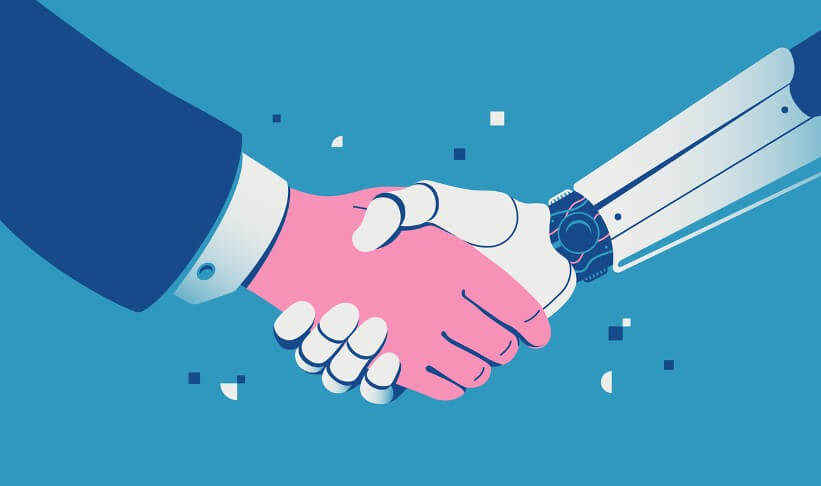Sam Altman Warns AI May Replace 40% of Human Tasks
Sam Altman warns AI could replace 40% of human tasks, reshaping labor markets and challenging perceptions of work's value.

Sam Altman Warns AI May Replace 40% of Human Tasks
OpenAI CEO Sam Altman has issued a stark warning about the future of work in the AI era. Speaking at OpenAI’s DevDay conference and in various interviews, Altman highlighted that artificial intelligence could replace up to 40% of tasks currently performed by humans, potentially eliminating many jobs that may not qualify as “real work.” This shift is expected to have profound economic and social implications.
AI’s Impact on Jobs: From Tasks to Entire Occupations
Altman’s perspective focuses on the percentage of tasks within jobs rather than entire jobs disappearing overnight. He estimates that 30-40% of current economic tasks could soon be executed by AI systems, a transition that may occur faster than previous technological revolutions.
- Customer support roles involving phone or computer assistance are among the first likely to be automated.
- The future of computer programming is evolving, with AI tools enhancing programmer productivity but potentially reducing demand for traditional coding tasks.
- Altman anticipates many jobs will transform rather than vanish, with workers needing to adapt to new roles emphasizing creativity, learning, and complex problem-solving.
Altman acknowledged the anxiety surrounding this transition, expressing short-term concerns and emphasizing the need to prepare for widespread disruption before new job categories emerge.
“Real Work” and the Question of Job Value
In a controversial statement, Altman suggested that many disappearing jobs might not be “real work” in terms of producing tangible, necessary value. He compared the work of a 50-year-old farmer to many modern knowledge workers, implying that farming represents real, essential labor, whereas much contemporary office work might be performative or less meaningful.
This comment echoes the late anthropologist David Graeber’s concept of “bullshit jobs,” where many employees feel their roles are pointless or unnecessary. Altman’s framing sparked debate online, highlighting a broader societal conversation about the nature and purpose of work in an AI-driven world.
Altman’s Personal Vision: From AI to Agriculture
Reflecting on the future, Altman has expressed a personal desire to return to farming, which he regards as a tangible and meaningful occupation. He owns a farm where he enjoys hands-on work like driving tractors and harvesting crops. Altman stated he would willingly step aside if AI became capable of running OpenAI better than he could.
His vision suggests a bifurcation of the labor market: AI automates many knowledge and service roles, while essential manual and creative work—like farming—retains human value and meaning.
Broader Context and Implications
Altman’s warnings come amid accelerating AI advances, with technologies like large language models and generative AI rapidly improving in capability. The transition could:
- Disrupt millions of jobs worldwide, especially in sectors reliant on routine cognitive tasks.
- Require significant workforce retraining and social safety nets to manage displacement.
- Redefine societal notions of employment, productivity, and human purpose.
While optimistic about AI’s long-term potential to create new opportunities, Altman stresses the short- to medium-term risks of economic upheaval and urges policymakers and business leaders to prepare for rapid change.
Visuals Related to the Topic
- Photos of Sam Altman, including images from OpenAI events and interviews.
- OpenAI logo and branding, symbolizing the organization driving these technological shifts.
- Visualizations of AI in the workplace, such as automated customer support chatbots or AI-assisted coding tools.
- Images of farming, representing Altman’s metaphor for “real work” and his personal connection to agriculture.
Sam Altman’s insights highlight AI’s potential to reshape labor markets, challenging existing economic structures and cultural perceptions of work. His emphasis on the transition’s difficulty alongside the promise of new possibilities offers a crucial framework for understanding the coming decades of AI-driven change.



